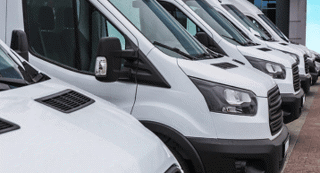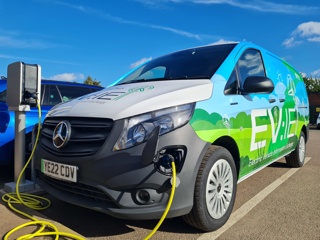The European Automobile Manufacturers' Association (ACEA) is calling for post-2020 CO2 targets to be based on a scientific evaluation rather than “purely political figures”.
"En route to 2050, it is clear that further ambitious targets will need to be set," said Ivan Hodac, secretary general of the ACEA, speaking on the eve of a vote on the 2020 CO2 reduction targets in the European Parliament's Environment Committee. "However, it is essential that any post-2020 targets are based on an independent impact assessment.
“They must not be purely political figures. Unfortunately it seems that the European Parliament is moving in this direction."
Europe currently has vehicles with the highest environmental standards in the world and is retaining this lead.
The ACEA believes it will only be possible to go on in this direction if the competitiveness of the industry is safeguarded.
That is why the post-2020 targets must be based on a scientific evaluation of their impact, both in environmental and economic terms.
An impact assessment has not yet been conducted and there are a number of legal and market uncertainties in terms of what will be the lead technology in the long-term, the future regulatory regime as well as the planned new test-cycle and procedure.
Hodac added: "To simply set political figures with no scientific basis at this stage would be to act irresponsibly.
“Moreover, it would ignore the pledges made to the industry in CARS 2020, the Commission's recent action plan for a competitive and sustainable automotive industry."
These pledges included conducting a 'competitiveness proofing' of all major initiatives that have a significant impact on the automotive industry.

















Login to comment
Comments
No comments have been made yet.